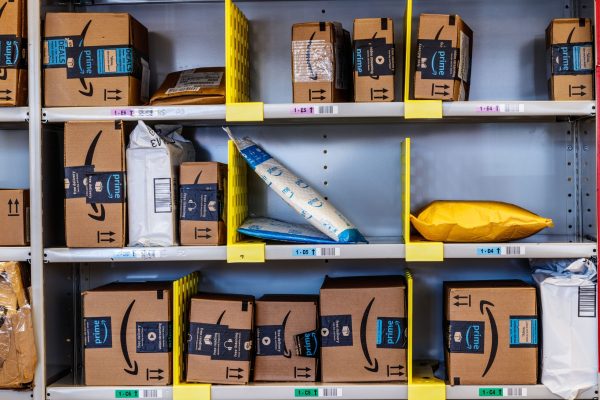In the wake of COVID-19, global economic recovery has been hampered by the crisis in Ukraine. Already-stretched supply chains have faced disruption due to shortages of workers and goods, but now face further upset due to rising inflation.
Notably in the Eurozone, where at the time of writing inflation has reached 8.9% and is expected to continue rising, supply instability, price inflation and logistics disruption are being driven by skyrocketing prices and demand for increasingly scarce goods and labour.
Why is inflation causing supply chain disruption?
Many factors are contributing to rising prices and inflation. Russia’s invasion of Ukraine – the “breadbasket of Europe” – has prevented the export of fuel, fertilizer and grain which, as essential goods for manufacturing and agriculture, has had a knock-on effect for food and beverage companies.
The conflict has also caused disruption in transportation and logistics services as ports are inaccessible and security is heightened, combined with global sanctions on Russia strangling trade worldwide.
The lasting impact of COVID-19, and the change in working patterns to millions of people, is also driving inflation, as shortages of goods such as microchips further delay the manufacture of electronics and new cars, for example.
Finally, “greenflation” is another contributing factor as the world electrifies vehicles, heating and wider infrastructure. This is compounded by the materials shortage as lithium and copper, essential components of batteries, are in short supply and hugely costly.
For the supply chain, the rising cost of fuel, labour shortages and conflict result in severe disruption; the cost of lorries on the road is higher, shipping is costly and experiences delays.
So how can you solve and prevent supply chain disruption due to inflation?
Increase end-to-end visibility
Visibility is key to identifying inefficiencies and issues in your supply chain before they become disruptive. Ensure you’re familiar with every step of your supply chain, including tier 1, 2 and 3 suppliers, and utilise historic data to inform forecasting.
Make short-term fixes
Rising inflation has inspired many supply chain managers to restart price indexation to assess and analyze sales and spending which should be indexed or non-indexed. Another quick fix is to identify cheaper suppliers.
Get flexible
Future-proofing your supply chain by ensuring it is flexible can protect you from future shocks. Identifying back-up suppliers and logistics networks, or even alternative product designs, can all make you more agile and responsive to changes.
Sprint Logistics: 30 years of logistics excellence
Partnering with an expert in logistics can take the hassle out of supply chain management. Sprint Logistics has weathered decades of changing economic landscapes and understands how to ensure goods are kept moving without disruption even in times of crisis.
To find out more about Sprint Logistics and how we can support your business through the current challenges of inflation and supply chain disruption, get in touch today.




